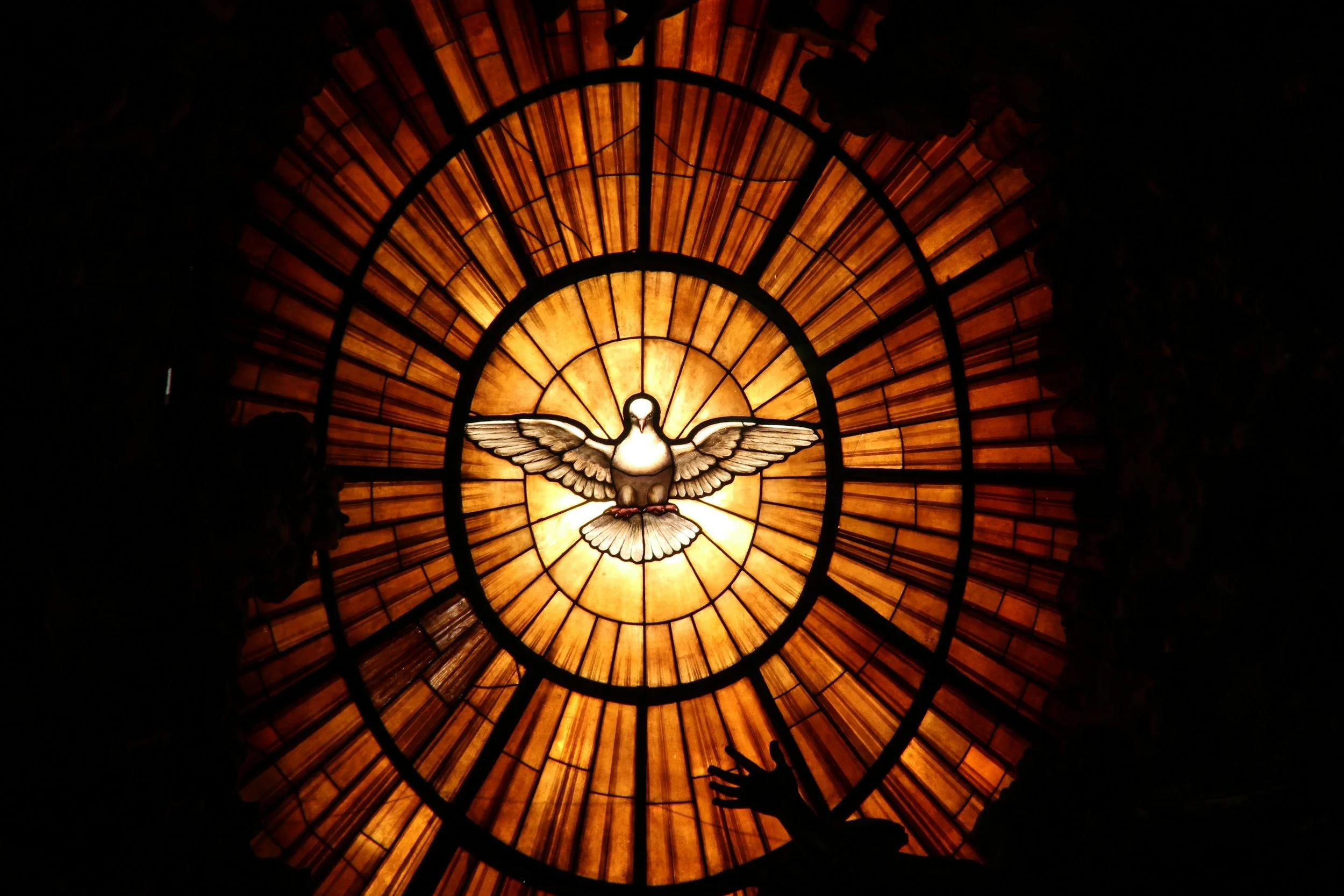Programmes
Below you’ll find a list of sample programmes and repertoire idea. We tailor our concerts to match the specific needs of a project, event, series or festival, often making new arrangement for the occasion.
We hope you like the selection we’ve put together, and we’d be delighted to hear from you and have a conversation about what we might create together.
This programme brings Armenian and Italian sacred repertoires into dialogue through an exploration of praise, faith, and devotion. Sacred texts and musical forms from both traditions are woven together in sets, allowing points of resonance to emerge across language, theology, and music. Our practice of self-accompaniment draws inspiration from early modern Italian models, including Francesca Caccini, Barbara Strozzi, and the concerto delle donne, as well as from Armenian traditions of sung storytelling associated with the ashugh, and from the living practice of Armenian chant itself.
Morning Light
-
Nerses Shnorhali (1102–1173) - Aravot luso
Francesca Caccini (1587–1640) - Maria, dolce Maria
Armenian traditional (arr. Lucine Musaelian) - Oror
Tarquinio Merula (1595–1665) - Canzonetta spirituale sopra alla nanna
Orlando di Lasso (c. 1532–1594) - Susanne un jour
Giovanni Battista Bassani (c. 1650–1716) - Susanne – divisions
Claudio Monteverdi (1567–1643) - Crucifixus
Grigor Narekatsi (c. 950–1007) - Havoon havoon
Movses Khorenatsi (5th century) - Urakhatsir Srbuhi
Barbara Strozzi (1619–1677) - In medio maris
Komitas Vardapet (1869–1935) - Ter Voghormia
Mesrop Mashtots (362–440) - Ankanim arrachi Qo
Claudio Monteverdi (1567–1643) - Quam pulchra es
Francesco Taeggio Rognoni (1570–1626) - Pulchra es amica mea
Mesrop Mashtots (362–440) - Bazum en Qo Gtutyunq
Komitas Vardapet (1869–1935) - Soorp Soorp
From 16th Century Venice to the rolling hills of Bingyol, Intesa explores the many simple gifts in life: the gifts of youth, travel, love, and country. The programme includes pieces by John Dowland, Giulio Caccini, and Marin Marais, as well as a selection of lively and haunting Armenian folk songs, a tribute to Charles Aznavour, and a nod to John Donne’s metaphysical poetry. Intesa celebrates the viola da gamba’s range of possibility, both as an emblem of the cultivated Renaissance and Baroque, and as a natural, guitar-like duo partner to the voice. They marry historical self-accompaniment practices with singer-songwriter-style ease to tell stories that are both exotic and familiar.
Simple Gifts
-
Luca Marenzio (1556-1599) — In un boschetto
Francesca Caccini (1587-1640) — O vive roseArmenian trad. — Bingyol
Armenian trad. — Keler TsolerM. Marais (1656-1728) — L'Arabesque
Armenian trad. — Shogher janT. Hume (1569-1645) — A Maske
M. East (c. 1580-1648) — I as well as thouA. Ferrabosco II (1575-1628) — So, so, leave off
L. Musaelian (b. 1997) — The FleaRadiohead — Videotape
Charles Aznavour (1924-2018) — Sa JeunesseM. Marais (1656-1728) — Feste Champêtre
Armenian trad. — KhioJ. Dowland (1563-1626) — Time Stands Still
Giulio Caccini (1551-1618) — Dalla porta d'oriente
Our programme presents a union between Armenian and Italian traditions, exploring the connections between sacred and secular love, both in their pain and redemption. We highlight the Armenian story of faith and women’s story of misunderstanding. These stories are told through pieces selected from both traditions, which are woven together in sets through music and narrative. Our practice of self-accompaniment is inspired by figures like Francesca Caccini, Barbara Strozzi, and the concerto delle donne, as well as the Armenian ashugh traditions of storytelling through song with the accompaniment of the kamancha.
Voices of San Lazzaro
-
Nerses Shnorhali (1102–1173) – Aravot luso
Orlando di Lasso (1532–1594) – Susanne un jourSettimia Caccini (1591–1638) – Due luci ridenti
Armenian traditional – Keler TsolerGrigor Narekatsi (c. 950–1007) – Havoon havoon
Claudio Monteverdi (1567–1643) – Si dolce è 'l tormentoBarbara Strozzi (1619–1677) – Che si può fare
Armenian traditional – Hov Arek
Komitas Vardapet (1869–1935) – Soorp SoorpBarbara Strozzi (1619–1677) – Silentio nocivo
Francesca Caccini (1587–c.1640) – Maria, dolce MariaClaudio Monteverdi (1567–1643) – Lamento della ninfa
Tarquinio Merula (1595–1665) – Folle è ben che si crede
This programme is inspired by the sounds of Venice and the island of San Lazzaro degli Armeni, where the rich traditions of Armenian monastic life meet the romance and intrigue of Venetian culture. Since 1717, this small island has been home to the Mekhitarist monastery, a renowned center of Armenian scholarship and artistic exchange. Its monks have played a vital role in preserving and disseminating Armenian, Latin, and Italian works, including musical compositions by Nerses Shnorhali and Grigor Narekatsi.
Fiamma d’Amore
-
Giulio Caccini (1551-1618) Dalla porta d'oriente
Orlando di Lasso (1532-1594) Susanne un jour
Willaert/Bonizzi Jouissance vous donneray
Adrian Willaert (c. 1490–1562) O dolce vita mia
Grigor Narekatsi (c. 950-1007) Havoon havoon
C. Monteverdi (1567-1643) Si dolce è'l tormento
Nerses Shnorhali (1102-1173) Aravot luso
Di Rore/Rognoni Ancor che col partire
Francesca Caccini (1587-1640) Maria, dolce Maria
Barbara Strozzi (1619-1677) Che si puó fare
Armenian trad. Keler Tsoler
Luca Marenzio (1556-1599) In un boschetto
Francesca Caccini (1587-1640) O vive rose
In the heart of winter’s darkness, this Christmas-themed programme seeks out light and hope through music. Folk songs from various traditions invite us to embrace the anticipation of Advent, interwoven with ancient Armenian chants—including a haunting 5th-century hymn on the Annunciation. At its centre lies Tarquinio Merula’s extraordinary Canzonetta spirituale sopra alla nanna, where the tender lullaby of Mary cradling her newborn is pierced by chilling premonitions of his fate.
Ninna Nanna
-
Nerses Shnorhali (1102-1173) Aravot luso
Thomas Morley (1557-1602) Miraculous Love's Wounding
Catalan trad. El Cant dels Occells
Michael Praetorius (1571-1621) Es ist ein Ros entsprungen
Francesca Caccini (1587-1640) Maria, dolce Maria
Armenian trad. Shogher jan
St. Movses Khorenatsi (5th century) Urakhatsir Srbuhi
Tarquinio Merula (1595-1665) Canzonetta spirituale sopra alla nanna
J. Dowland (1563-1626) Time Stands Still
M. Marais (1656-1728) Les Voix Humaines
Tobias Hume (1569-1645) The King of Denmark's Delight
Tobias Hume (1569-1645) A Merry Conceit
L. Musaelian (b. 1997) Morning Light
Welsh traditional All Through the Night
This is an example of a bespoke programme we prepared for a private recital at Lincoln’s Inn, where John Donne was the first prelate of the chapel. The programme is designed like a Baroque suite with five short sets incorporating combinations of spoken and sung poems, which have some thematic or symbolic connection.
While there are breaks between sets, this programme doesn’t contain an interval.
Donne in Love
-
The King of Denmark’s Delight - Tobias Hume (c. 1579-1645)
The Bait - John Donne, William Corkine (fl. 1610-1617)
Love’s Growth - Donne
A Merry Conceit - Tobias Hume (c. 1579-1645)
Break of Day - Corkine
Stay, O Sweet - John Dowland (c. 1563-1626)
Tombeau Les Regrets - Monsieur de Sainte-Colombe (1640-1700)
Gigue La Petite - Marin Marais (1656-1728)
Galliard à 2 - Alfonso Ferrabosco II (c. 1575-1628)
So so, leave off - Ferrabosco
Love Cannot Dissemble - Michael East (c. 1580-1648)
The Flea - Lucine Musaelian (b.1997)
Miraculous love’s wounding - Thomas Morley (c. 1557-1602)
Air and Angels - Donne
Time Stands Still - John Dowland
Inspired by Italo Calvino’s novel “Invisible Cities”, this programme weaves together music from Calvino’s home country of Italy with music of distant traditions and times. This includes 16th century Italian song, traditional Armenian music, an arrangement of a Handel aria, and original compositions by Lucine.
Full programme and lyrics here.
Italian Sounds
-
C. Simpson (1602-1669) - Divisions for Two Viols in G major
G. Caccini (1551-1618) arr. Musaelian - Dalla porta d’oriente
Di Rore/Dalla Casa (1515-1565/1543-1601) arr. Musaelian - Ancor che col partire
Armenian trad. - Keler Tsoler
Armenian trad. arr. Musaelian - Hov Arek
Radiohead arr. Musaelian - Videotape
INTERVAL
D. Ortiz (1510-1570) - Recercada Segunda
Sigismondo d’India (1582-1629) arr. Musaelian - Intenerite voi
Armenian trad. arr. Musaelian - Chinar es
M. Marais (1656-1728) - Le Badinage
Armenian trad. arr. Musaelian - Sareri hovin mernem
C. Monteverdi (1567-1643) arr. Musaelian - Si dolce è il tormento
G. F. Handel (1685-1759) - Piangerò la sorte mia
M. Marais - Les Voix Humaines
L. Musaelian - Morning Light
This programme is made up of music which has inspired us from a wide range of styles and traditions, combined with some of Lucine’s own compositions. It features music by Marin Marais, Thobias Hume, François Couperin, Radiohead, The Beatles, The Killers, and Randy Newman, as well as traditional Armenian and Welsh folk music.
Full programme and lyrics here.
A Song I Heard
-
Marin Marais — Dialogues (Book V, Pièces de Viole)
Tobias Hume — What Greater Griefe
Tobias Hume — Spirit of Gambo
Armenian trad. — Keler Tsoler
The Beatles — Michelle
The Killers — Read My mind
Marin Marais — Le Badinage (Book IV, Pièces de Viole)
Randy Newman — I think it’s gonna rain today
Lucine — Morning Light
Radiohead — Videotape
Lucine — Mars
François Couperin — Le Dodo
Welsh trad. — All Through the Night
This programme showcases the rich, intimate, and vocal sound that two bass viols can create. It features music original to this combination, a few of our own arrangements of Armenian folk music, Irish music, a Radiohead cover, and some new music by Lucine. The progression of this programme reflects phases of sleep, and ends with the return of the morning.
All Through the Night
-
“Chinar Es", Armenian traditional folk song attributed to Komitas (1869-1935): (arr. Musaelian) (4 mins)
Marin Marais (1656-1728): “Le Badinage,” from Pièces de Violes IV (1717), arr. Musaelian & Giorgetti (7 mins)
Marin Marais: “Les Voix Humaines,” from Pièces de Violes II, (1701), arr. Musaelian & Giorgetti (4 mins)
Anon. Aux Marches du Palais, arr. Musaelian & Giorgetti (4 mins)
Anon. Ar Hyd y Nos (All through the Night), arr. Musaelian & Giorgetti (4.5 min)
Radiohead (released 2007): Videotape, arr. Musaelian (4 mins)
Ruaidhrí Dall Ó Catháin (c. 1650): “Da Mihi Manum”, arr. Musaelian & Giorgetti (3 mins)
Lucine Musaelian (b. 1997): Mars (4 mins)
François Couperin (1668-1733): “Le Dodo ou L'amour au Berceau” from Troisième livre de pièces de clavecin (1722), Ordre 15, arr. Musaelian & Giorgetti (4 mins)
Lucine Musaelian (b. 1997): Morning Light (4 mins)
Trad. The Banks of Severn, arr. Musaelian & Giorgetti (2 min)
C. Simpson (c. 1602-1669): Bodleian Library MS Mus. Sch. C. 77 a and 77 b, no. 7 (5.5 mins)









